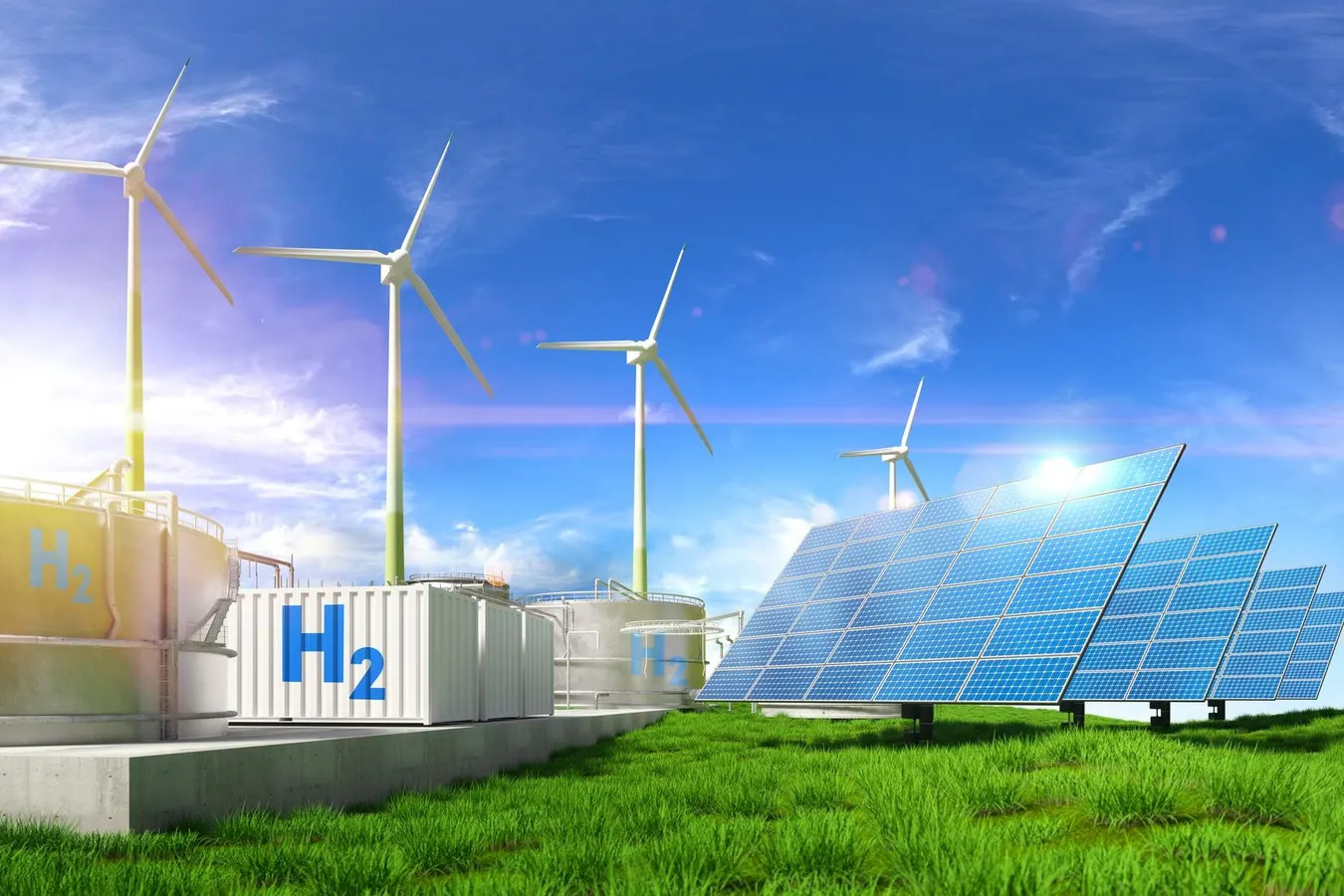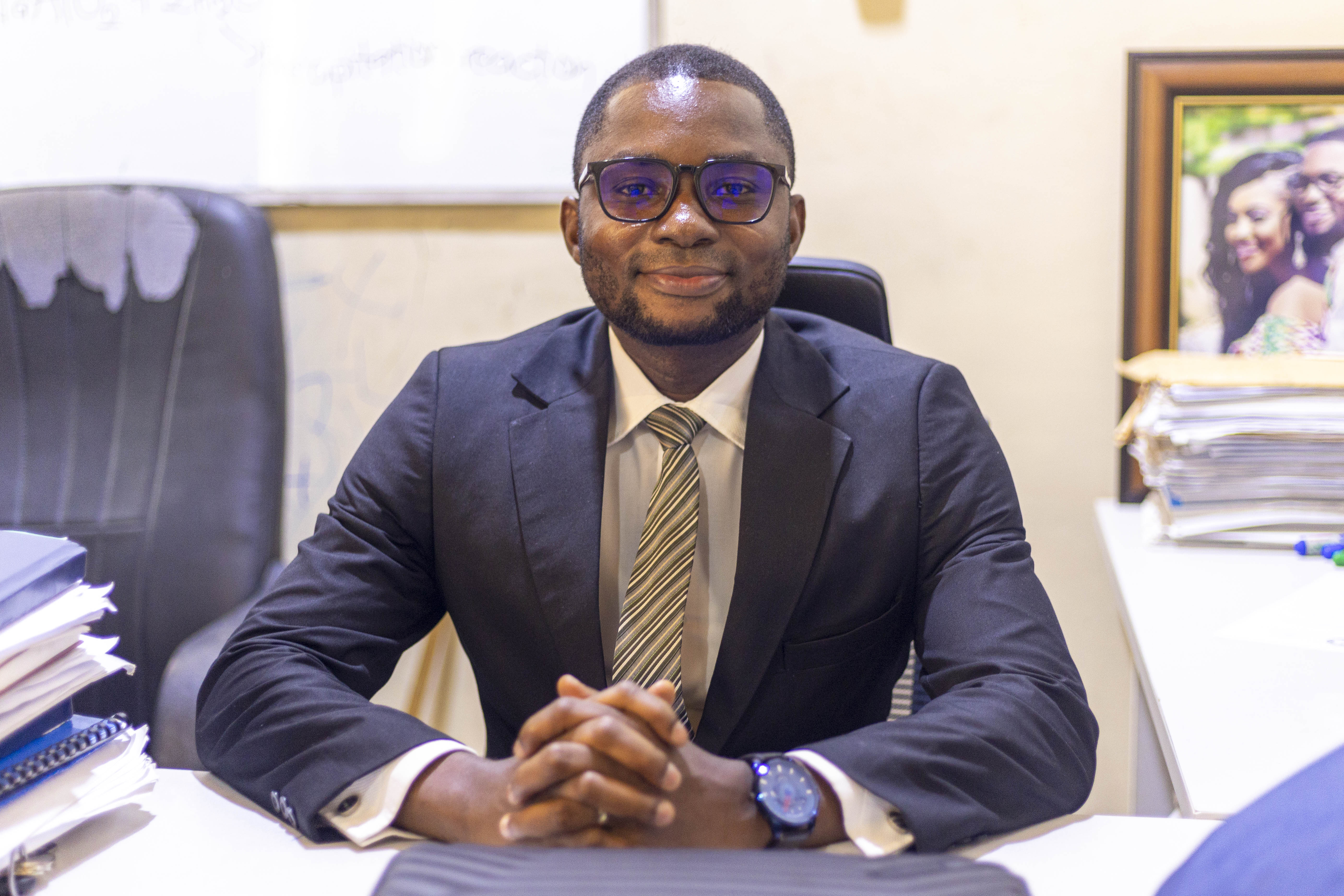Green hydrogen is emerging as a crucial solution for a cleaner and more sustainable energy future. Dr. Patrick Boakye, Group Chair of the newly formed Green Hydrogen and Energy Storage Group at the Brew-Hammond Energy Centre, has called for urgent action to develop green hydrogen production and storage in Ghana.
“There is the need for green hydrogen because of the benefits it brings. It burns clean, it gives out a lot of efficiency," Dr. Boakye said.
According to him, Ghana is well positioned to leverage its abundant renewable resources, such as agricultural residues, cocoa pods, corn husks, and coconut husks, to produce hydrogen. "We can use it to produce hydrogen, and it becomes the parent material for production of the commodity material for ammonia. Hydrogen can also be used as fuel material for transportation or even in aviation," he explained.
However, he acknowledged the significant challenge of high capital costs, particularly in technologies like water electrolysis. "The issue is capital cost. It is huge to invest in it, particularly the proton exchange membrane electrolysis to split hydrogen and water," he said.

To tackle this, Dr. Boakye proposed alternative approaches: "We need to develop infrastructure to convert materials into energy. Gasification can be adopted and it can be combusted for hydrogen and purified. This can be the alternative. Regardless of the challenges, there are other alternatives that can be done."
He emphasised the environmental impact green hydrogen could have: "Our climate will be safe if these carbon emissions are reduced. This can help in decarbonising the heavy carbon-producing industry because hydrogen gives clean burning."
Dr. Boakye revealed that the group is conducting a feasibility study on local green hydrogen production methods. "We’re doing a feasibility study on green hydrogen production methods that we can use to produce hydrogen. Our focus is on looking at local ways of producing hydrogen," he said.
He also highlighted the broader significance, "The world now thrives on materials, energy, and the environment. You are better off if you are thinking about the fifth industrial revolution of AI, etc. Then there is the need for alternative energy solutions."
Dr. Boakye called on policymakers and institutions to be deliberate in funding hydrogen projects. "Academics are ready to undertake the research. Policy makers and institutions should be deliberate on funding projects, particularly in the production and storage of hydrogen," he urged."

